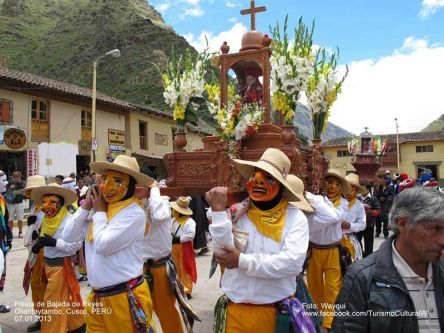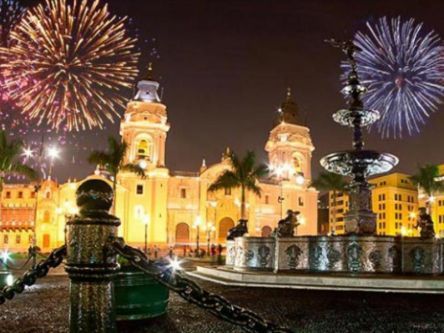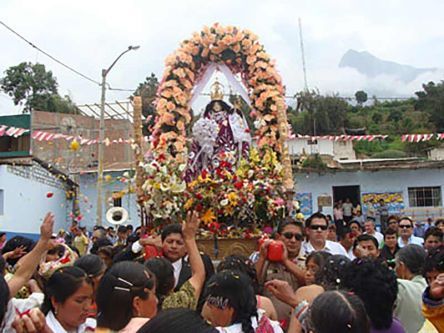Aguaymanto (physalis peruviana) is a plant and its fruits native to the Peruvian Andes. The incredible berries with many names - locally they are also known as uchuva, uvilla or ushun, abroad as cape gooseberry, golden berry, Peruvian cherry or even Inca Berry and Pichuberry (referring to the Incas and Machu Picchu to associate it with Peru) are delicious little powerhouses full of beneficial nutrients; another Peruvian superfood.
Aguaymantos grow even today wild in high altitude regions of Peru, but have been cultivated and consumed already in ancient times long before the Incas. Today we find the main growing areas in Peru in the Ancash, Cajamarca, Cusco, Huanuco and Junin region.
Being closely related to the tomatillo and Chinese lantern, Aguaymanto berries grow abundantly on bushes well hidden under a non-edible paper like skin. The fruit itself is a round and smooth berry the size of a cherry tomato that is bright yellow to orange when ripe. Its flavor is pleasant; sweet and mildly sourish.
Because of the unique flavor of Aguaymantos, they are versatile and go well with sweet and savory dishes. They are eaten fresh as a snack, in fruit salads, savory salads, cereals and yoghurts or processed into juices and smoothies, chutneys, jams, sauces, pies, puddings, ice cream and other desserts or liqueur. Aguaymantos are delicious accompanying fish and red meat dishes and due to their beauty are often used by chefs as an exotic decoration. Next to the fresh fruits Aguaymantos are also available dried or as a supplement in powder form.

Health benefits of Aguaymantos
Next to their unique flavor that enhances countless dishes and their decorative appearance, Aguaymantos have a good nutritional value and are packed with beneficial nutrients. 100g provide only 53kcal (222kj) with most of the energy coming from carbs (11.2g / 100g), only 0.7g fat, 4.3g fiber and 1.9g protein. The fruit contains high levels of vitamin A (most notable beta-carotene), vitamin B3 (niacin) and vitamin C, iron, phosphorus, vitamin K and a little calcium.
Aguaymantos compensate their tiny appearance with being a powerhouse full of high amounts of beneficial nutrients and other compounds that can boost your health.
- Vitamin C, also known as ascorbic acid, is vital for our health, but can’t be created naturally in our body; so, an essential dietary component. It is needed to form collagen in our body that aids with the formation and repair of bones, teeth, skin and muscles.
- Aguaymanto has impressive anti-inflammatory, antibiotic and antioxidant properties boosting our immune system, helping to detoxify our body, preventing viral infections, aiding in minimizing cellular aging and lowering stress, anxiety, physical and mental fatigue and depression.
- Additionally, the combination of beneficial components in Aguaymantos are believed to fight high blood pressure, stabilize blood-sugar levels, lower cholesterol and reduce the risk of cardiovascular diseases and even stomach, colon, and intestinal cancer.
- The vitamin A (beta-carotene and other carotenoids) in Aguaymanto improve overall eye health and vision preventing eye diseases.






























